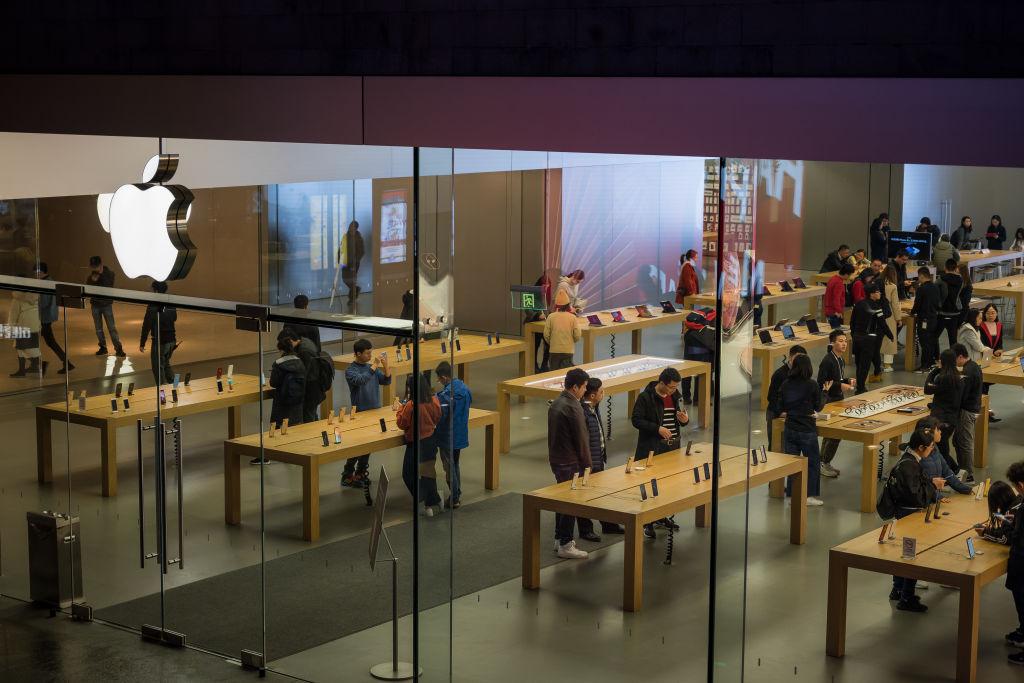A second Apple employee has been charged by U.S. authorities with stealing trade secrets from his employer’s self-driving car program, with the intention of passing the secrets to a direct Chinese competitor.
The accused staffer, Chen Jizhong, was hired by Apple in June 2018 as a hardware developer engineer to work on the company’s Titan Project for the development of autonomous vehicles, according to a criminal affidavit filed in federal court in San Jose, California, on Jan. 22.
According to the court document, Apple’s security and employee relations staff initially conducted an investigation of Chen, after an unidentified Apple employee became suspicious of Chen upon spotting him taking wide-angle photos in a sensitive workspace in the building where the project was taking place.
Chen was a core employee on the electrical engineering team, which granted him full access to the project’s database.
The investigation revealed that Chen had backed up his entire work computer onto his personal hard drive, which violated Apple’s policy. Inside his computer were more than 2,000 files containing confidential and proprietary Apple documents, including manuals, schematics, and diagrams.
Chen’s personal cellphone was found to contain about 100 photographs taken within the project’s building. Apple deleted the photos, with Chen’s permission, before returning the phone to him.
Chen explained to Apple that he downloaded these files as an “insurance policy” to augment his employment chances for a new position within Apple. The company had placed him on Apple’s performance improvement plan in December 2018, Chen said. According to the complaint, employees on the improvement plan may be fired if they fail to meet certain performance criteria after a set period of time.
However, photos found in Chen’s cellphone dated back as far as June 2018. One of the photos dated June showed “assembly drawing of a wire harness for an autonomous vehicle.”
Apple later learned that Chen had already applied for two external jobs, including one at an unidentified China-based autonomous vehicle company that was “a direct competitor of the [Apple] project,” according to the affidavit.
If found guilty, Chen faces 10 years imprisonment and up to $250,000 in fines.
In July 2018, Zhang Xiaolong, who was hired by Apple to develop software and hardware for the company’s autonomous vehicle project, was accused by U.S. authorities of downloading data, including a blueprint for a circuit board used in self-driving cars, with the intention of transferring it to China.
He was arrested at the San Jose airport in California as he was about to board a flight to China on July 7. As with Chen, he is charged with stealing trade secrets.
Zhang had intended to bring the data to his new job at Xiaopeng Motors, an intelligent-electric-vehicle maker headquartered in southern China’s Guangzhou City, according to a court complaint.
Xiaopeng Motors, founded in 2014, has received funding from Chinese e-commerce giant Alibaba, the world’s largest contract electronics maker Foxconn, and IDG Capital.
Xiaopeng Motors, also known as Guangzhou Chengxing Zhidong Automobile Technology, received 562,000 yuan (about $83,760) in 2016 and 1.15 million yuan (about $171,400) in 2017 in subsidies from the Guangzhou government, according to the government website.
The funds were part of the regional government’s efforts to boost research and development effort by tech companies in the region.





